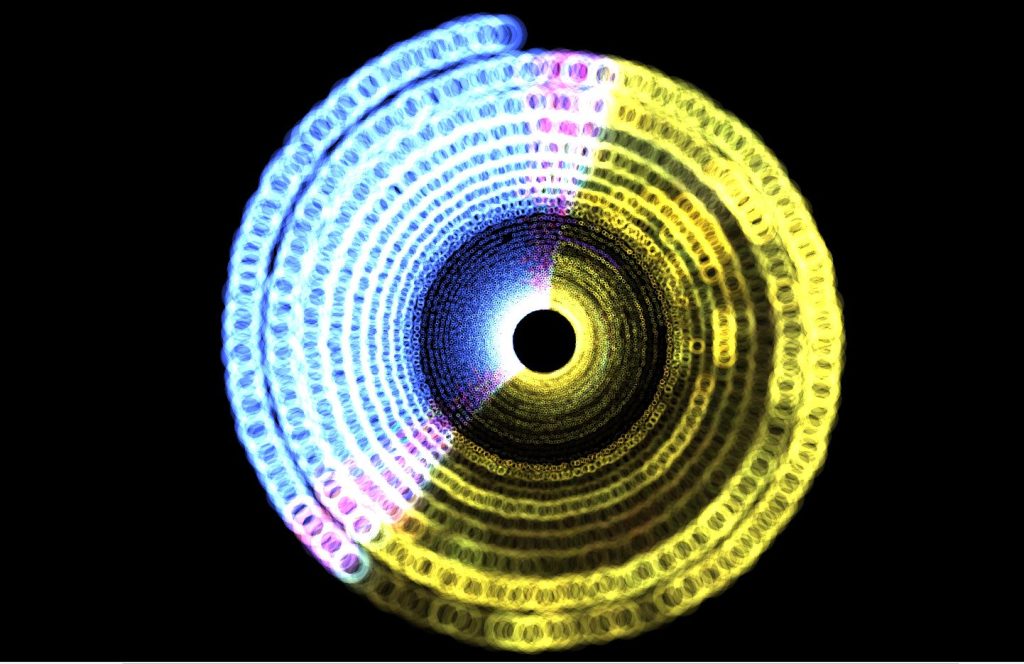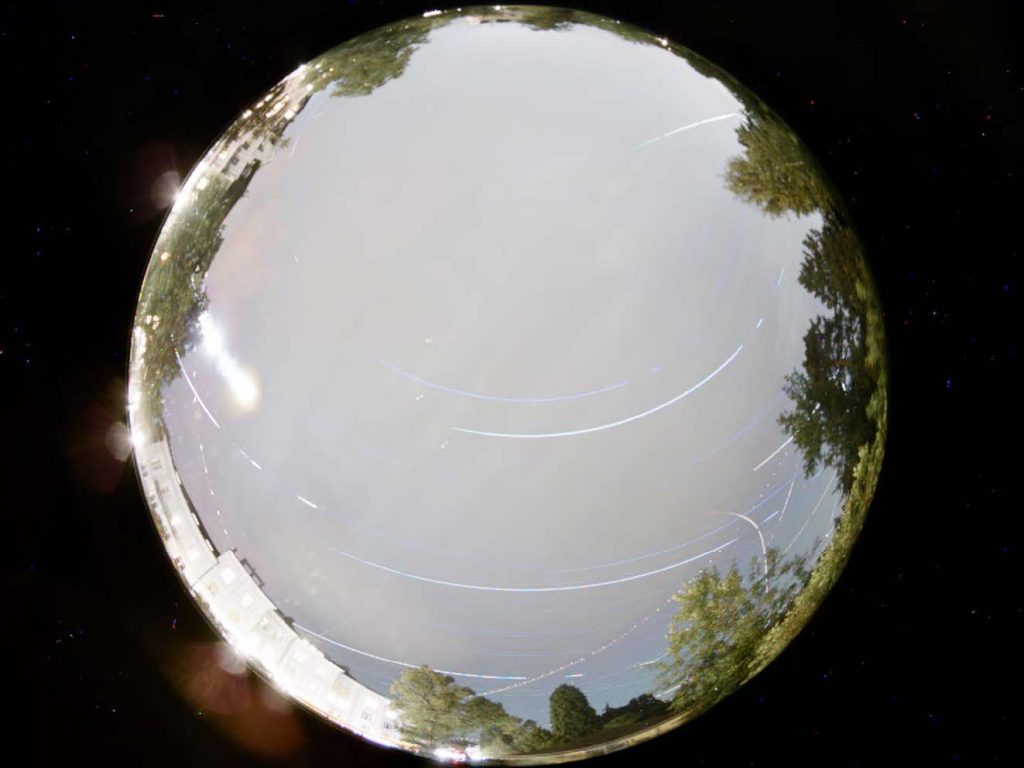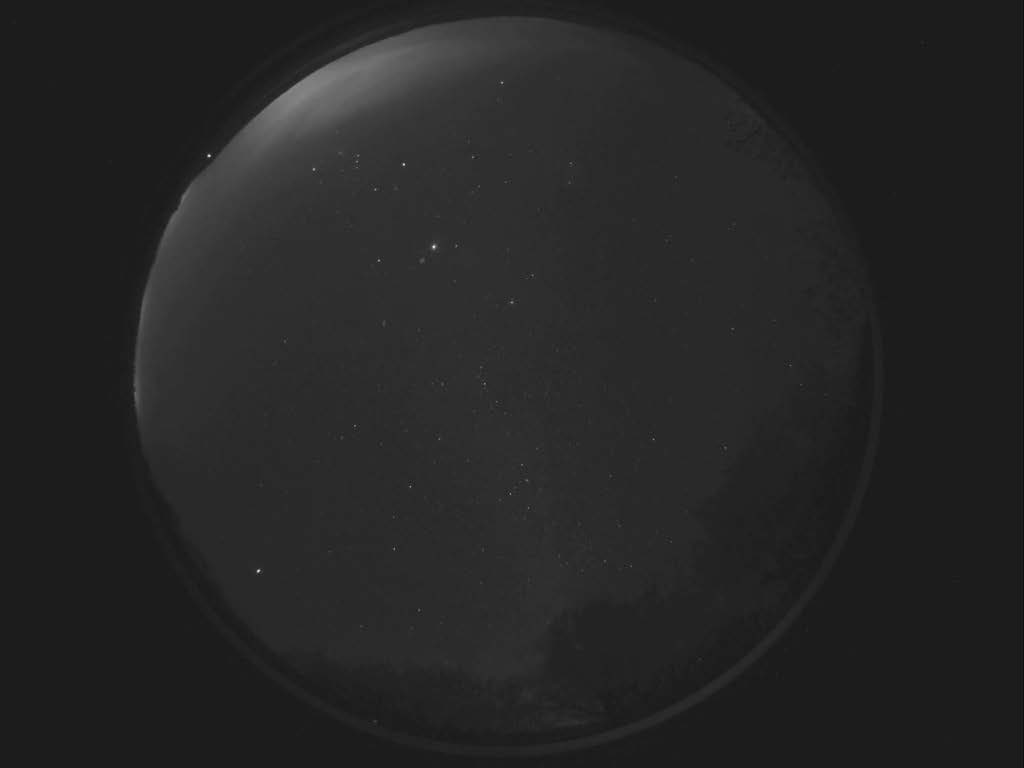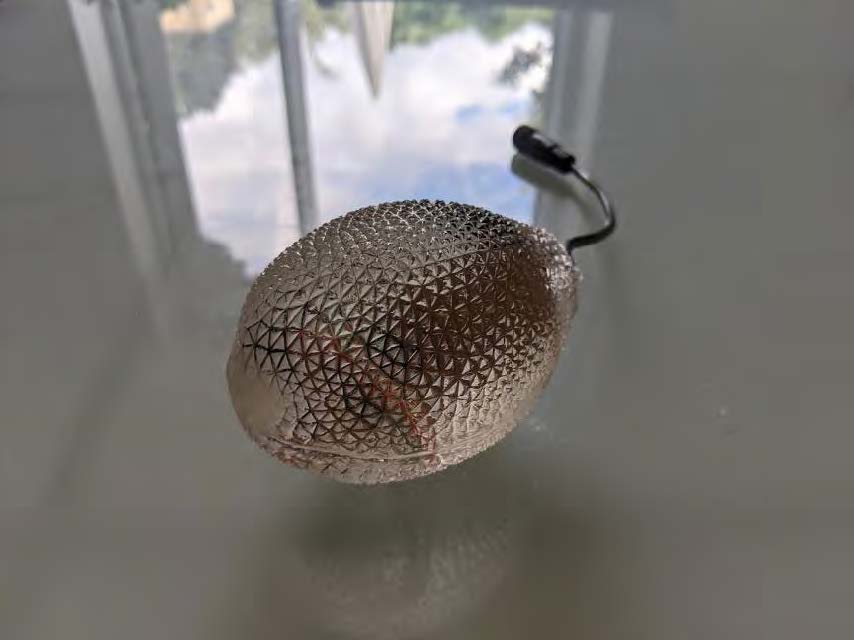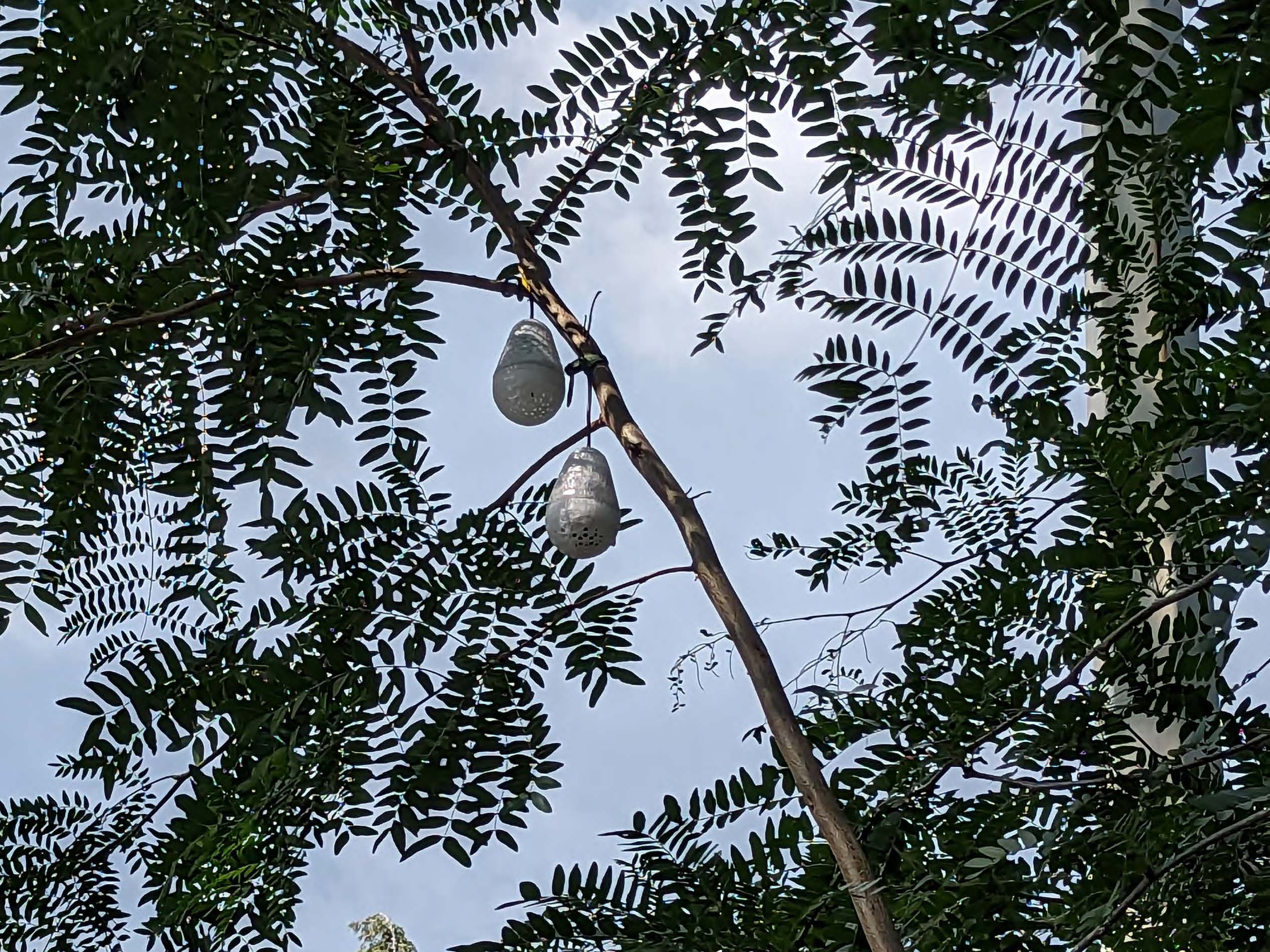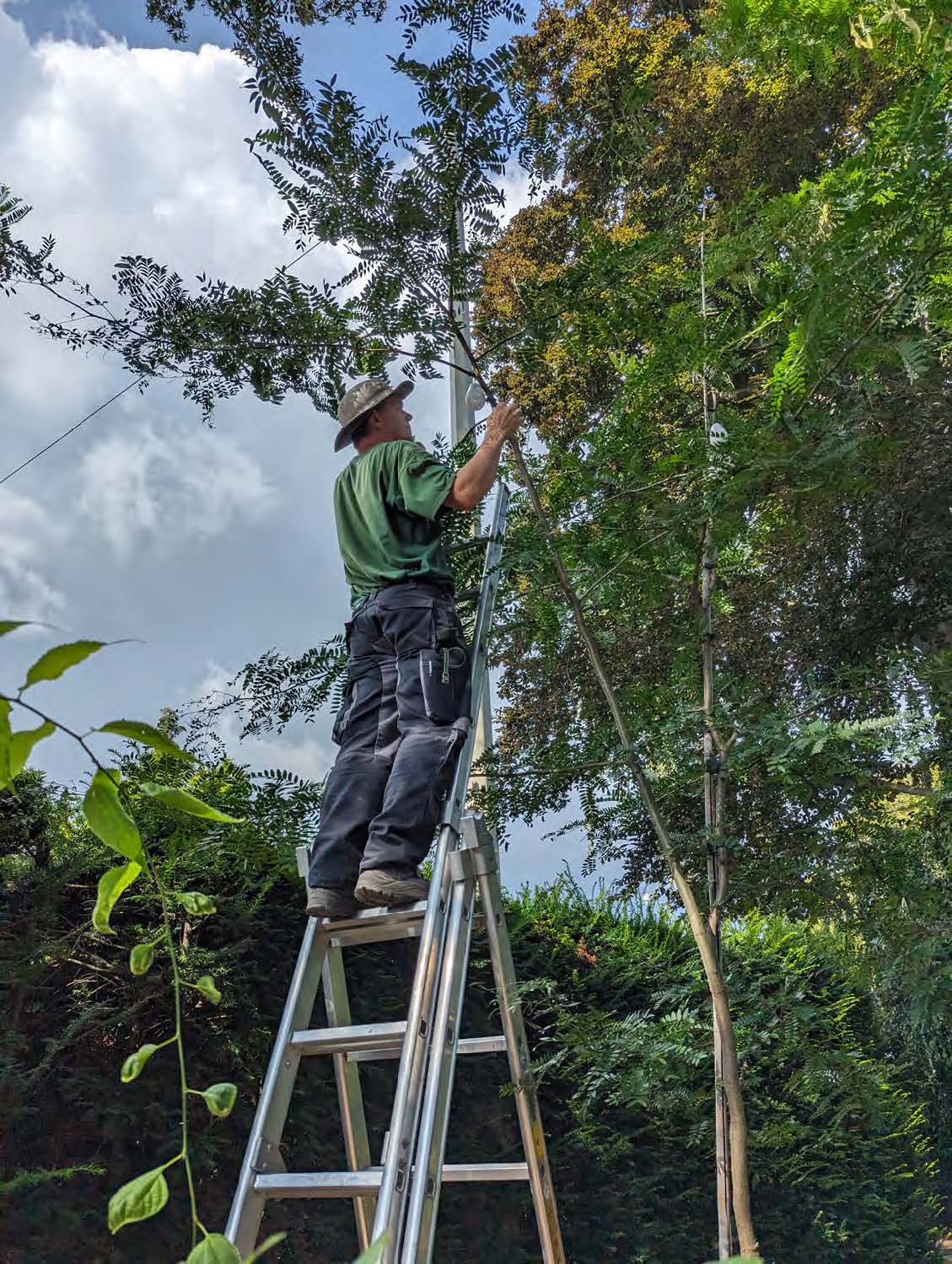Dr Rupert Griffiths, Research Associate, ImaginationLancaster, Lancaster Univeristy
Sensing the Luminous Night draws from several closely related works and research projects developed through partnerships with Leighton Moss RSPB Nature Reserve in Cumbria, UK; the University of Bonn Institute for Science and Ethics, Germany; and Slough Borough Council, UK. Funded by the Joy Welch Postdoctoral Fund, the AHRC Impact Acceleration Account, Universität Bonn TRA Sustainable Futures Fund, and the Urban Tree Challenge Fund (DEFRA), Sensing the Luminous Night addresses the under-recognized issue of artificial light at night and its impact on rural and urban nightscapes.
These projects revolve around the development of innovative methods to observe and communicate the presence of both natural and artificial light. The projects employ specially designed light sensors that resemble fruits and eggs, a long-range communication network, and visualisation tools, such as a timepiece and movies from an all-sky astronomical camera. These are sited in three quite different environments – Leighton Moss RSPB Nature Reserve, Bonn Botanical Gardens, and an urban back garden in Hackney, London. The tools capture and exhibit the rhythms and cycles of daytime and nocturnal light, fostering a deeper appreciation of the night as an important and nuanced time and place with great significance for both humans and non-humans. Sensing the Luminous Night aims to transform public perceptions of the night through creative engagement, approaching sensor data a social and cultural resource that can act as a bridge between communities and their environment. By creating new forms of engagement and awareness of natural and artificial light at night, Sensing the Luminous Night aims to contribute more broadly to discourse regarding the entanglement of nature and society.
